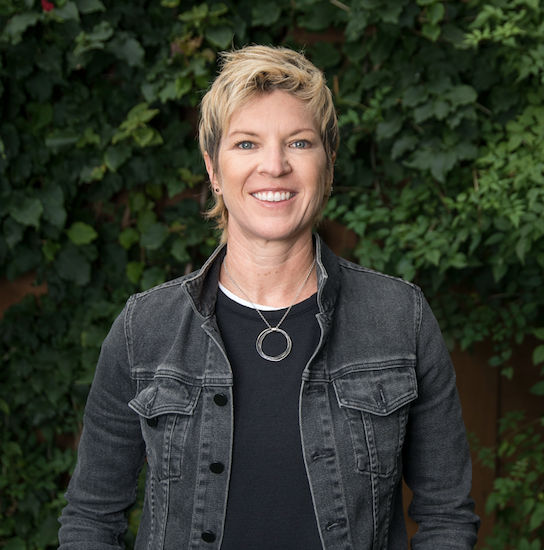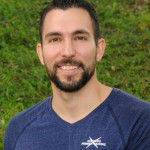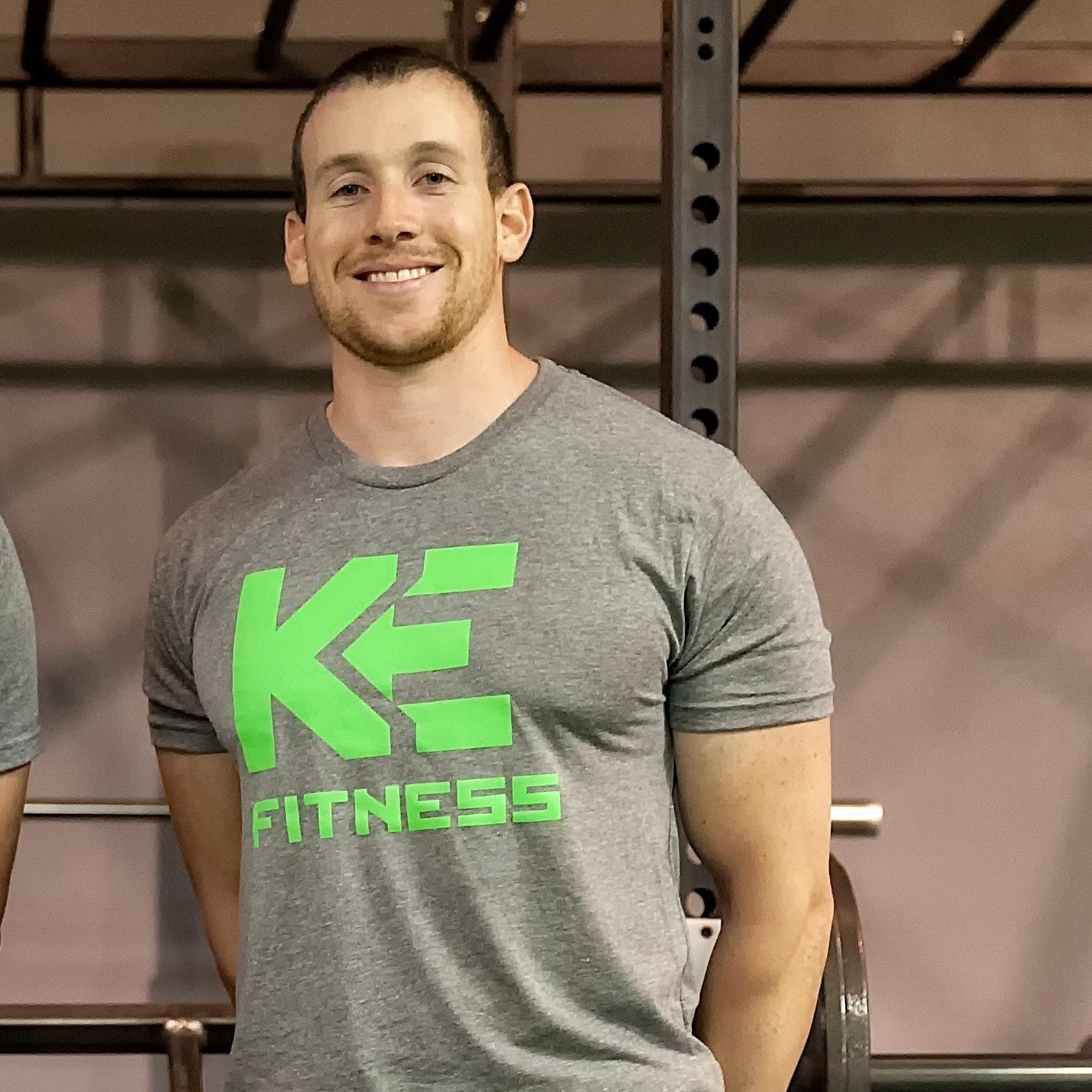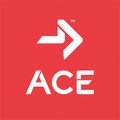Shelter-in-place and social distancing measures have hit gyms and studios hard as the COVID-19 pandemic continues. How are fitness facilities – particularly small businesses – adapting to avoid closure and serve their clients?
On April 29, ACE convened 3 industry experts for the live panel “How 3 Fitness Studios Shifted Strategies During COVID-19.” Panelists included Ashley Selman, MA, CSCS, founder of Evolution Trainers and owner of Thrive Studio Coaching; Mike Deibler, MS, ACE Certified Personal Trainer, owner of San Diego Premier Training, and ACE Subject Matter Expert; and Dan Kleckner, owner of Kutting Edge Fitness in Washington state and ACE Subject Matter Expert with more than 15 years of experience in the fitness industry;. Key points from the discussion are summarized here.
Move online
If you haven’t already, move sessions and workout options online. This allows clients to continue to get their workouts and connect with trainers – and it provides businesses with a continued revenue source. Panelists shared they have tiered pricing for their clients where live, interactive coaching and group sessions cost more than their pre-recorded workouts. Many fitness gyms and studios also share workout ideas online via social media outlets and emails. To mix up content, consider partnering with other leaders and experts in the community. For example, Dan collaborated with other exercise professionals to host joint webinars for clients. In addition, Dan’s team will monitor client virtual participation and email open rates. If a regular client hasn’t been to virtual sessions and are not opening up their emails to access recorded workouts, a team member will call the client to check-in.
Enhance communication with clients and staff
All panelists agreed – communication is vital during this time. With clients, all experts recommend regular communication to share workout options, get feedback on existing options and even share info about non-fitness virtual gatherings. Mike’s business hosts regular happy hour events on Zoom where participants play games, reconnect, and share stories.
With staff, panelists regularly communicate with their teams, sharing business revenue numbers, anticipated next steps for the business, and state and federal financial options (e.g., small business loan options for contractors, unemployment info for employees). Ashley hosts virtual staff-only happy hours to connect with her team, share stories, and remind her team that leadership has their back; they are in this together. Dan agrees – with a small business, it’s hard to find quality employees, so it’s important to support and keep existing employees. He works with each trainer individually to determine which hours make the most sense to them, so he can provide as close to normal pay as possible and based on a trainer’s availability during this time. For Mike’s team, trainers create basic exercise instructional videos (e.g., how to use a kettlebell swing correctly) to earn administrative pay if there are reduced client sessions. These videos have been something the studio had been meaning to do for a while, so it’s an opportunity to build the studio’s online resources while supporting staff.
Prepare for the future with flexibility
With regulation updates announced regularly, all three panelists emphasized the importance of being flexible to adapt to changes quickly and being prepared for what’s to come. States are beginning to open up again, the panelists shared preparations they are making to re-open their studios including:
- Share any updated sanitation protocols and new social distancing procedures with clients, so they are informed and feel safe.
- Re-evaluate entrances. If you have two entrances, consider closing one to better monitor the number of people in the gym, or consider one entrance for one type of client (e.g., clients in semi-private sessions) and use the other entrance for other clients (e.g., general gym users).
- Use a staggered scheduling system so there are not too many trainers and clients in the space at the same time. Some gyms may add an extra buffer time between time slots so clients coming and going are not in close contact.
- Space equipment out or develop a system where individuals can use machines while still social distancing. For example, Mike’s team tapes off 10-foot-square workout areas where clients must stay within the square during their workout; all equipment must be thoroughly cleaned before moving to a different empty square.
- Provide face masks for clients. Ashley’s team created cloth face masks with their logo on it.
- Add new sanitation stations.
- Consider not using specific equipment or machines, such as rowing machines which circulate air when used.
- Limit or hold off in-person, large group classes.
- Be open to adjusting procedures and practices as new information comes out and as you learn about what works best for your clients.
Note – ACE is sharing the above precautions for information purposes only; they do not reflect a formal ACE endorsement.
Join the conversation
Connect with us on social media to join the discussion and connect with other professionals:
- Facebook (@ACEfitness)
- Twitter (@ACEfitness)
- Instagram (@ACEfitness)
Panelists

Ashley Selman
Founder and Owner of Evolution Trainers and Thrive Studio Coaching
Ashley Selman, MA, CSCS, is the founder of Evolution Trainers, a seven-figure personal training and wellness studio that operates with a world-class team of more than 40 leading health and fitness professionals. She also owns Thrive Studio Coaching, a consulting firm that helps studio owners build exceptionally profitable studios while still having time for a life outside of business. Ashley is known for her commitment to living a "balanced" entrepreneurial life and she coaches others to achieve this through leveraging their strengths, mastering their schedules and building strong teams. Ashley's passion is to help studio owners around the country build successful and thriving businesses through her Studio Owner Mastermind group and her coaching programs. She is an educational consultant for IDEA, is on the IDEA Club and Studio advisory committee, and speaks around the country at many of the industry's leading events.

Mike Deibler
Owner, San Diego Premier Training, and Director of Education for Exercise Etc.
Mike Deibler is the owner of San Diego Premier Training, a personal training studio located in North County San Diego. Mike has been in the fitness industry for over 15 years as fitness professional, business owner, and educator. On top of owning a training business he is the Director of Education for Exercise Etc., an instructor with Functional Movement Systems, adjunct faculty at Miramar College, and a subject matter expect with ACE.

Dan Kleckner
Owner, Kutting Edge Fitness
Dan Kleckner is the owner of Kutting Edge Fitness in Kirkland, Washington and Issaquah, Washington. He has worked in the health and fitness field for 15 years and holds a B.S. in Applied Health Science from Montana Tech University, where he was also a collegiate athlete. Dan is a Certified Exercise Physiologist through the American College of Sports Medicine and a level 2 Titleist Performance Institute Golf Fitness Professional. He has been mentored by some of the top golf fitness and fitness business professionals in the country including Thomas Plummer, Rick Mayo, Frank Nash and Jason Glass. He now mentors several start-up gym owners himself. Dan is a well-respected international speaker and is considered an expert on the business of start-up gyms, improving strength/power for golf and other rotational sports, and small group training.




 by
by 





 by
by